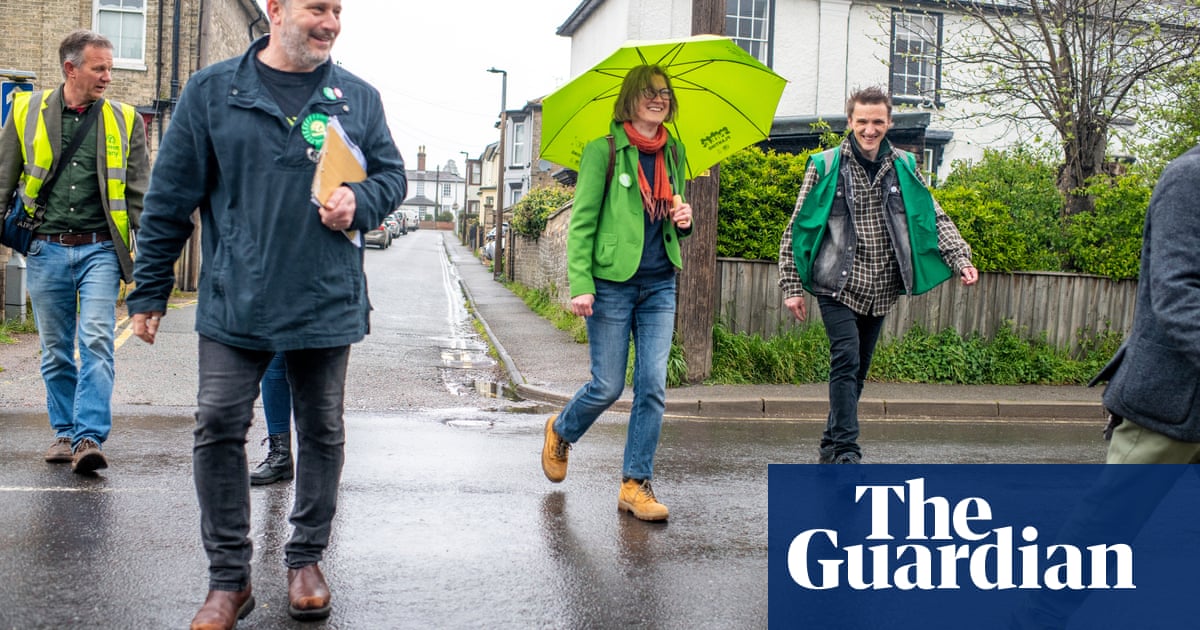
Political parties reacted to the summit in slightly different tones, as the results of the summit event are expected to affect the local elections next day
South Korean Moon Jae-in hailed the summit, which he believes will usher in a new era
SEOUL: During the morning rush hours, on the streets, bus terminals and subways, most people in South Korea had their eyes on TV and smartphone screens to catch the unprecedented encounter between the leaders of the US and North Korea, after seven decades in which the countries have been sworn enemies.
Giant screens at prominent buildings around Seoul broadcast the meeting live, with many commuters stopping to take in the landmark event.
“Who would’ve imagined Trump and Kim were standing at one place, even for summit talks?” said Kim Jung-yeon, a 23-year-old university student, who watched as the leaders shook hands and posed for a photo on the red carpet at a luxury hotel in Singapore’s tropical resort island of Sentosa. “I just feel the reunification of the two Koreas is to be realized very soon.”
The summit meeting of US President Donald Trump and North Korea’s supreme leader Kim Jong Un, following the consecutive inter-Korean summit talks in April and May, appeared to inspire feelings of hope for peace on the Korean Peninsula, which remains divided since the end of 1950-1953 Korean War concluded without a peace treaty.
Choi Mi-sook, 53, expressed hope that she and her family members will be able to visit Mt. Baekdu, which straddles the North Korea-China border, sometime soon.
“As a parent, I would very much like to raise my son and daughter in a peaceful nation,” said Choi, a housewife living in southern Seoul. “I really hope our family will be able to take a vacation at Mt. Baekdu and other North Korean tourist sites.”
Older citizens, who tend to have stronger hostility to the North, were also looking for a positive outcome.
“Things are surprising,” Seok Jin-ho, 72, said, flashing a thumbs-up at the Seoul Express Bus Terminal in downtown, where 200 people were watching TV screen images of Trump and Kim. Spontaneous applause broke out when Trump and Kim stepped out and greeted each other.
“I’ve seen the US and North Korea confronting each other again and again for decades, but this summit seems to pave the way for ending the confrontation between the two countries, as well as the technical war on the peninsula,” said Seok.
However, Kim Soo-hong, 60, was less upbeat, however. “It remains to be seen if the meeting will produce a substantial outcome. I don’t think the denuclearization process is easy and fast,” said the Seoul beverage company executive.
South Korean Moon Jae-in hailed the summit, which he believes will usher in a new era. “I spent a sleepless night,” Moon was quoted by his spokesman as saying during a meeting with his Cabinet members. “I, along with all our people, sincerely hope that it will open a new era of complete denuclearization, peace and a new relationship between South Korea, North Korea and the US.”
Political parties reacted to the summit in slightly different tones, as the results of the summit event are expected to affect the local elections next day.
“All our people and the world are impressed by the summit with excitement and expectations for peace on the Korean Peninsula,” Choo Mi-ae, leader of the ruling Democratic Party, said. “This summit will be recorded in history as laying the groundwork for the start of irreversible world peace.”
Kim Sung-tae, floor leader of the main opposition Liberty Korea Party, praised the summit while appearing to play down its impact. While the party’s Chung Jin-seok wrote in a Facebook post: “The agreement on the complete, verifiable, irreversible denuclearization, or CVID, was not included in the joint communique in the end. That means North Korea’s nuclear disarmament process is still in its infancy.”
The joint statement, signed by the leaders after five hours of talks, promised security guarantees from the US in return for the North’s commitment to complete denuclearization of the peninsula.
Previous statements, in 1994 and 2005, contained similar promises, but the agreements broke down over differences of interpretation and spats over verification.












